The automotive world has long transcended mere transportation—it's a culture, a lifestyle, and for many, an emotional anchor. Within this ecosystem, car clubs have emerged as powerful hubs where brand loyalty is nurtured through shared passion rather than corporate messaging. These communities don’t just gather around vehicles; they coalesce around identities, creating a unique economic subculture where manufacturers play both participant and beneficiary.
At the heart of this phenomenon lies an unspoken truth: people don’t buy cars, they buy into stories. When BMW’s legendary ///M division hosts track days exclusively for club members, or when Jeep organizes off-road "Badge of Honor" trails, they’re not providing services—they’re co-authoring adventures. The financial implications are profound. Research from the Specialty Equipment Market Association reveals that club members spend 62% more on brand-related merchandise and 78% more on dealer services than non-affiliated owners.
The alchemy of belonging transforms ordinary consumers into brand evangelists. Take Porsche’s "Rennsport Reunion"—a biennial pilgrimage where air-cooled 911s rub shoulders with Le Mans prototypes. The event generates seven-figure revenue through ticket sales and merchandise, yet its real value lies in the 300+ spontaneously organized regional meetups it inspires annually. These grassroots gatherings sustain engagement between corporate spectacles, creating a self-perpetuating cycle of enthusiasm.
Luxury marques have mastered this emotional calculus. Rolls-Royce’s "Whispered" tours—exclusive driving expeditions planned with military precision—aren’t marketed as VIP perks but as chapter gatherings for like-minded individuals. Participants frequently cite the experience as pivotal in their decision to purchase subsequent models, demonstrating how peer validation outweighs traditional advertising. The brand’s client referral rate among club members stands at 41%, compared to the industry average of 12%.
Digital platforms have amplified these dynamics while introducing new complexities. Tesla owner forums famously pressured the company into reversing a controversial software update—a display of collective influence unimaginable in pre-internet eras. Meanwhile, Ford’s Bronco reservation holders formed Facebook groups that essentially became free R&D labs, with members crowdsourcing modifications that later appeared as factory options. Such organic collaboration blurs the line between consumer and co-creator.
Yet pitfalls abound. When MINI attempted to monetize its community by charging for access to exclusive events, membership plummeted by 30% within eighteen months. The lesson was clear: transactional relationships rupture the emotional fabric. Conversely, Subaru’s "Love Promise" campaign—which ties community initiatives to local charities—strengthened owner loyalty while boosting dealership foot traffic by 22%. Authenticity, it seems, cannot be manufactured.
Asian manufacturers are rewriting the playbook. Hyundai’s N Performance division has cultivated a cult following through "N Day" festivals featuring pro drivers coaching owners on track. More remarkably, they’ve democratized access—the $35,000 Veloster N receives equal billing with the $60,000+ TCR race car. This egalitarian approach has helped Hyundai’s performance models achieve 92% retention rates among first-time buyers in the segment.
The data reveals a fascinating paradox: the stronger the community, the less pricing power matters. Land Rover Defender owners willingly accept 12-month waitlists and premium markups, while aftermarket support businesses flourish around discontinued models like the Nissan GT-R. This defies conventional wisdom about elasticity, proving that emotional equity insulates brands from market fluctuations.
As electric vehicles disrupt traditional automotive hierarchies, clubs are becoming crucial bridges. Rivian’s "Adventure Network" of charging stations doubles as meetup points for overlanding enthusiasts, while Lucid’s owner-exclusive driving classes at Sonoma Raceway foster technical appreciation beyond 0-60 mph bragging rights. These initiatives recognize that EV adoption requires not just infrastructure but cultural continuity.
Perhaps the most telling development is the rise of "ghost clubs"—groups centered around vehicles that never existed. Polestar’s speculative design competitions and Acura’s crowdsourced endurance racing livery demonstrate how anticipation itself can be commodified. In an era where consumers crave participation over passive consumption, the most valuable real estate isn’t the showroom floor but the space between imagination and ownership.
The economics of automotive enthusiasm have entered uncharted territory. When a well-known German manufacturer recently surveyed club members about their dream garage, 68% included at least one model from a competing brand—yet 93% said they’d never consider leaving the community. This cognitive dissonance underscores a fundamental shift: people aren’t loyal to metal, but to the memories forged around it. The brands that thrive will be those wise enough to realize they don’t own their communities—they serve them.
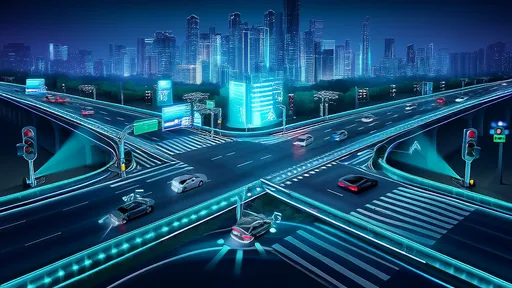
By /Jun 14, 2025
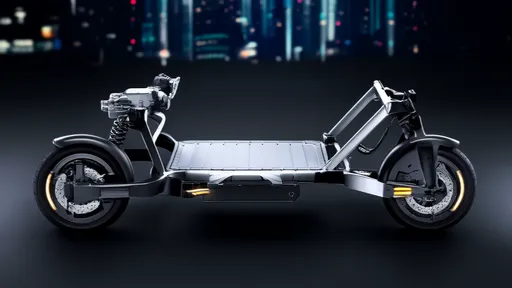
By /Jun 14, 2025

By /Jun 14, 2025
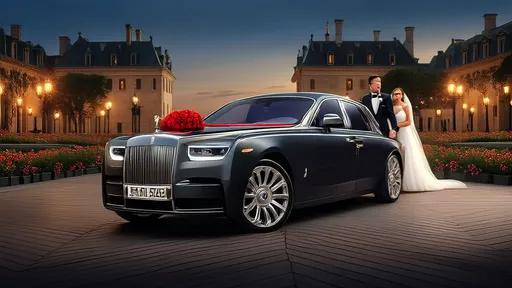
By /Jun 14, 2025
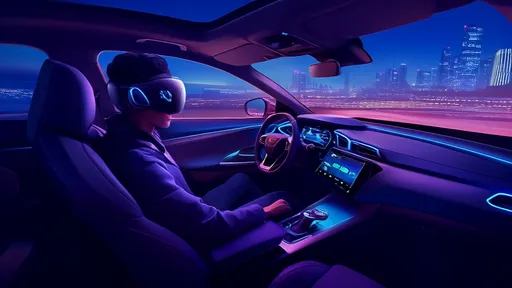
By /Jun 14, 2025

By /Jun 14, 2025
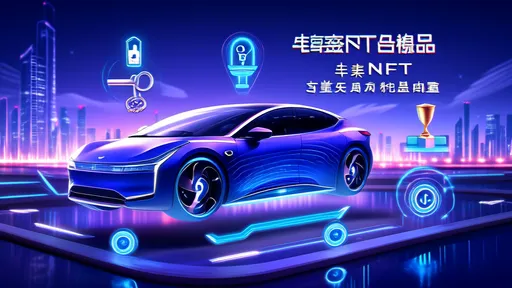
By /Jun 14, 2025
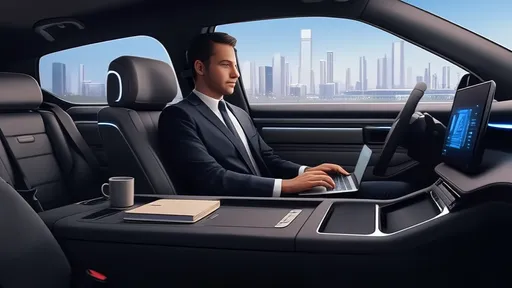
By /Jun 14, 2025
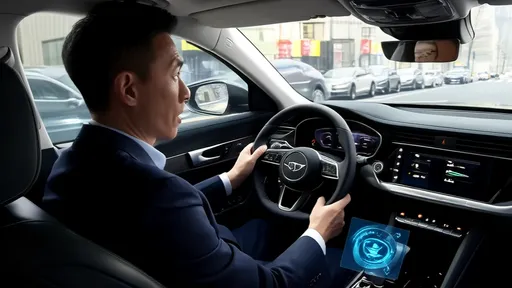
By /Jun 14, 2025
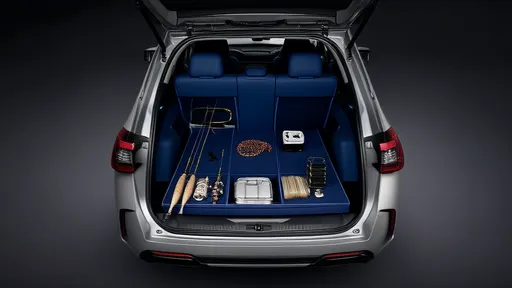
By /Jun 14, 2025
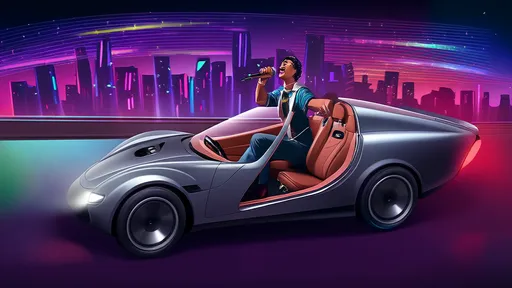
By /Jun 14, 2025
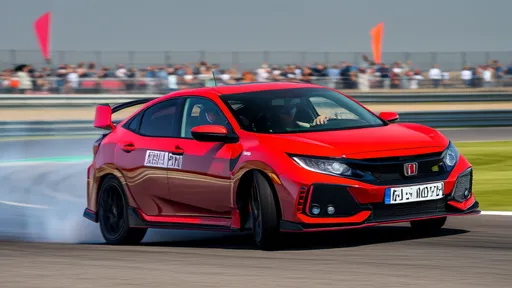
By /Jun 14, 2025
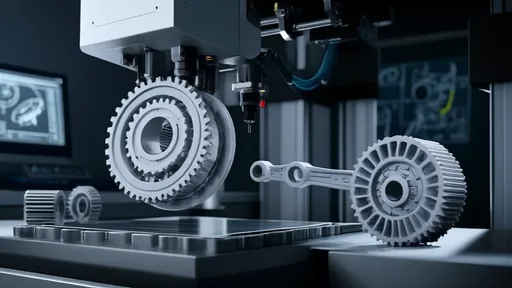
By /Jun 14, 2025
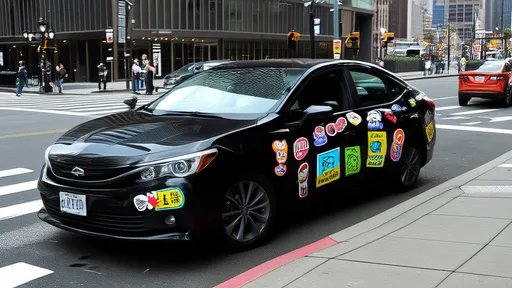
By /Jun 14, 2025
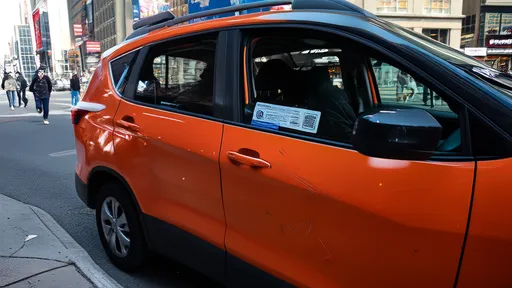
By /Jun 14, 2025
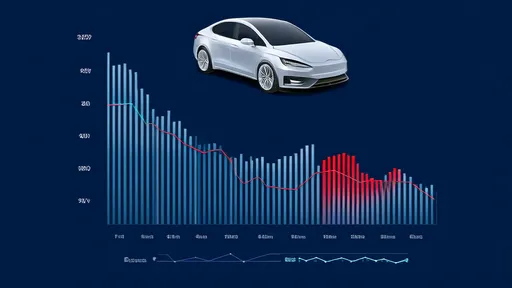
By /Jun 14, 2025
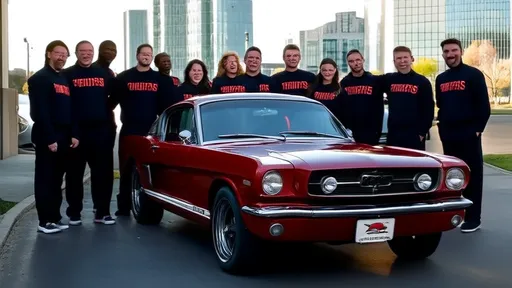
By /Jun 14, 2025
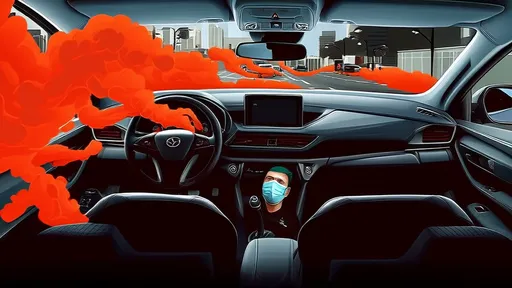
By /Jun 14, 2025